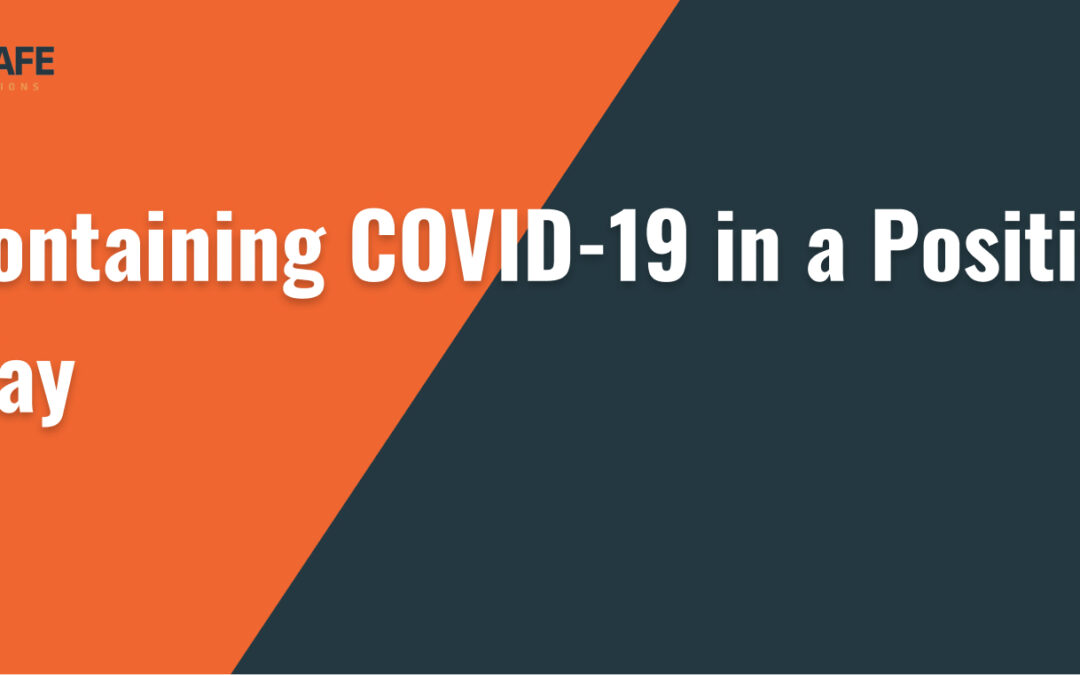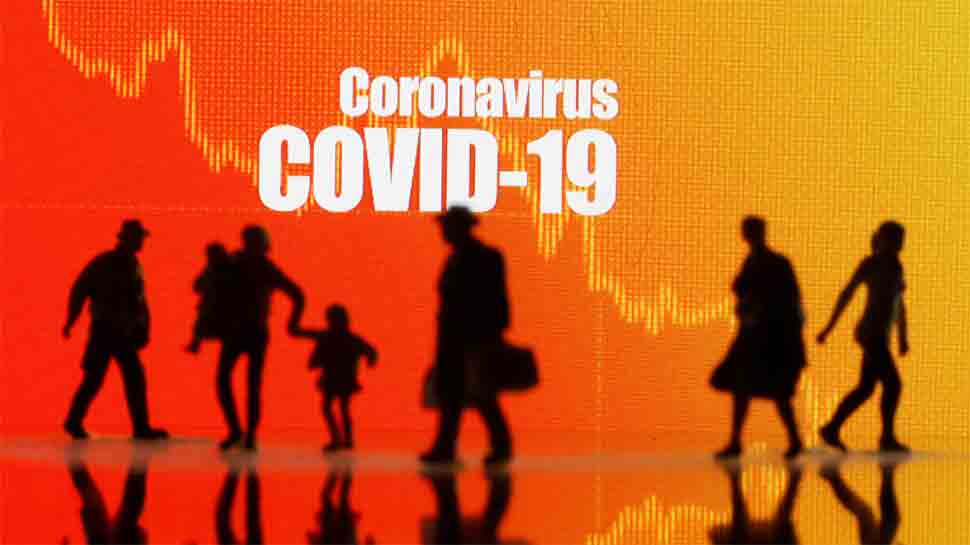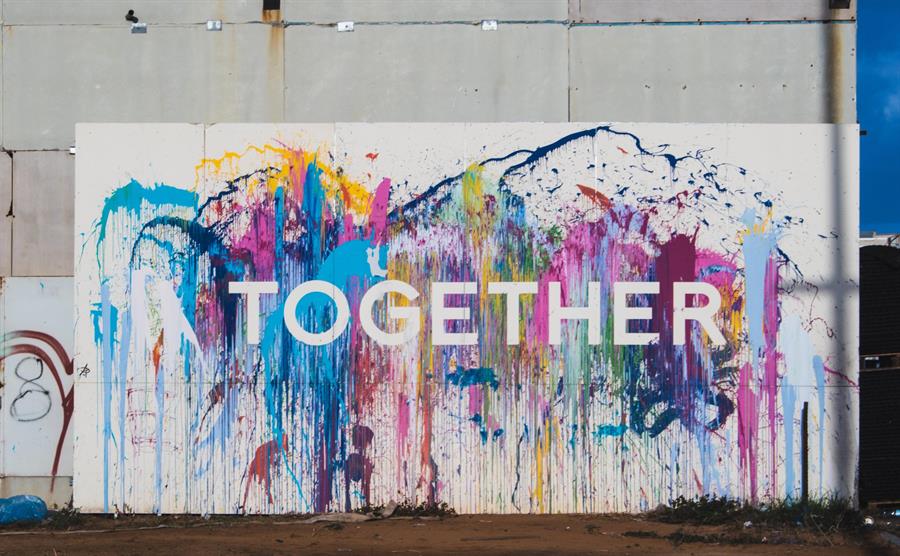It’s too early to tell yet what the impact of the recent global Covid-19 outbreak will be on Australia’s economy, small businesses, families and individuals. But one thing is already for certain: the effect of the media’s coverage on a large number of individuals has been fear: Panic buying (surely the most bizarre reaction), racism (the saddest?), confusion and worry for the future. One has to ask whether some of these reactions would have been curbed or at least tempered, should the pandemic have occurred ten years ago, before the 24-hour news cycle or social media really started to dominate.
Aside from the responsibility we can or cannot lay at the feet of the media, our government has thankfully also been responding. As of yesterday, the federal government has implemented a policy of self-isolation for returned overseas travellers from all countries. And social distancing has been bandied about like the newest it-phrase of 2020. In fact, if it makes the short list of any of the international dictionaries’ word (phrase?) of the year, you heard it here first! Citizens are encouraged to avoid hand shaking and other unnecessary close contact, and only leave their homes if necessary. States such as Victoria and the ACT are taking matters into their own hands, declaring a state of emergency, and hasn’t Australia – and particularly those regions – had enough of those in the last three months at least! Static events of large groups of people are being cancelled left, right and centre.
These are very reasonable and sensible measures by many experts’ assessments of the situation in our country at several hundred cases of this illness. But it feels like Australia is at a crossroads at the level of the individual. There are arguably two ways people can respond to this new phase of government intervention: more of us can continue reacting like madmen to the media’s portrayal of scary situations, whether or not they exist in reality. We can criticise leaders for decisions that have to be made as they go along. We could begin to exclude people close to us and isolate ourselves emotionally as well as physically because of fears or worries. React, criticise, exclude and isolate. In short – fear.
Or, aside from following sensible safe and healthy protocol as per recommendations, we could reach out metaphorically to those around us. Lend a hand to someone more in need than us, check on vulnerable neighbours and loved ones, use technology to connect, rather than retreat and when confronted by the fears or concerns of others, simply ask: “What can I do to help?” Reach out, help, check and connect. In short – love.
It’s not unnatural to fear what we don’t know. However, leaning in to fear and letting it begin to rule our decisions at an everyday level is exhausting, not to mention harmful to others. Just ask someone who has to face similar risks on a daily basis: those with compromised immunity, the frail and elderly, and those who love and care for them.
There are positive whispers out there already, counteracting the fear, so this message is not earth-shattering. Rather, it is so simple it needs repeating in order to become a larger force than the repetition of negative media coverage and the consequent fear arising. Some have already reminded us of the practical measures of checking on loved ones and shopping for others too vulnerable to venture out. Others out there are urging us to remember that we are …us*. It’s times like these that remind us just how interconnected we are as a society, and how much we need each other. To push each other away out of fear would absolutely be disastrous, while selfishness and looking out for Number 1 have never been more detrimental. The flush out of toilet paper is the most obvious example – pun intended. And this is a much deeper point than this pun would first appear to acknowledge. We need each other to survive, and if you look at all the networks we are a part of, it’s blindingly obvious how much we depend on each other on a daily basis. When you fall, I may just fall down with you. And those who depend on us, and so on. This is why we must support each other as much as we can at an individual level. Because it is individuals that make up our networked societies, much like the cellular level of our bodies determines how the whole thing functions. The risk for small businesses in these times is high, let alone bigger specialist businesses like cinemas and performing arts and entertainment venues. There may not be much we can do where governments have enacted bans on large gatherings. But it’s not hard to connect the dots from you and me to the community groups and small businesses that support our local communities. Let’s keep things in balance and perspective.
So how can we bring this help and connection into our workplaces?
Many workplaces have already initiated work-from-home policies or technology-based meetings where face to face contact is not vital. It is important that these workers do not feel isolated. Maintain contact and ask frequently “How are you going?”, “How can I help?”. Different things will trigger different responses and reactions among your workers, so it is important to keep checking in if geographical isolation prevents you from picking up on other face to face cues. Fear can spread quickly among disgruntled or fearful employees and good morale will be vital in these times.
Businesses with dependence on direct contact with the public will also find the onus now squarely on them to provide reassurance to that public clientele that they are entering a safe premises. If you have implemented extra measures to ensure cleanliness and good hygiene, it will be more important than ever to clearly display that information at all interfaces with the public: online, in store and on social media. It will also prove prudent to demonstrate results of such measures if there is a way to do so. Ensure that what the public is seeing reflects what you are saying is in place. There’s no use saying you’ve implemented an extra daily clean of public surfaces but the front windows are left grimy and dusty. Reassurance of the public has a flow on effect to your own staff, who will also be reassured their workplace is a safe and healthy place to be if working from home is not an option.
By quelling fear and reaching out with respect and love, the impact on our society may be just be minimised enough that we can weather the storm. We look to Hong Kong and Singapore as examples of what can be achieved by reasonable social distancing among peoples living in much closer proximity to each other, and we have hope that this is not the end of the world. We also put Australia’s position in perspective with other great pandemics of the past. On the whole, we have a lot to be thankful for.
And if you did happen to grab an extra twelve pack of toilet paper when you already have two dozen, perhaps you could go on a door knocking donation from your new home work station in that extra coffee break that was scheduled to optimise that commute time you no longer need to factor in.
Contact us for a FREE discussion on how you can promote positivity in your workplace during these challenging times.




Recent Comments